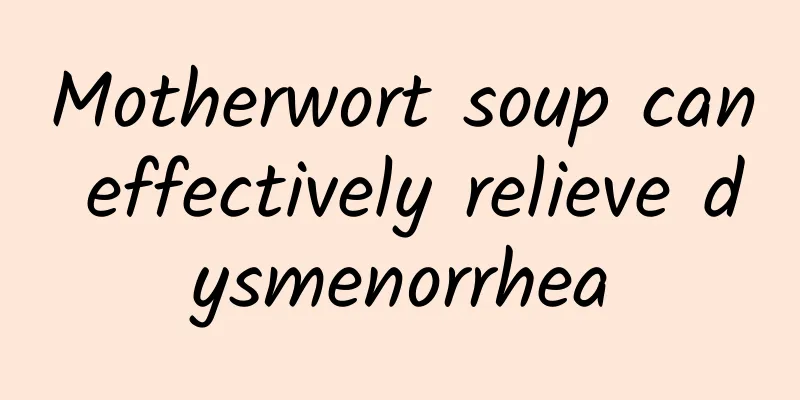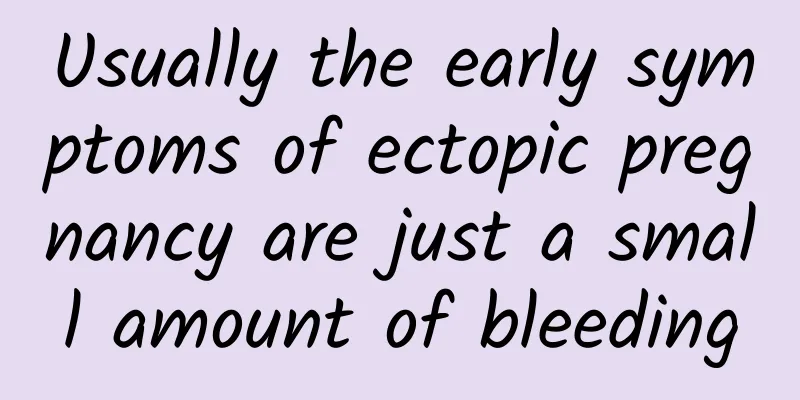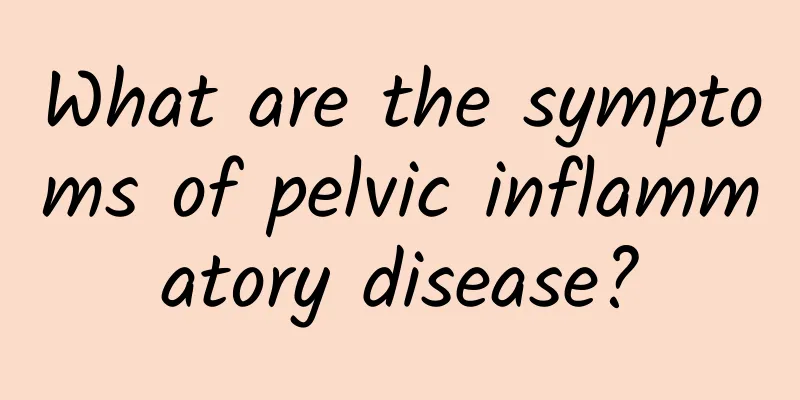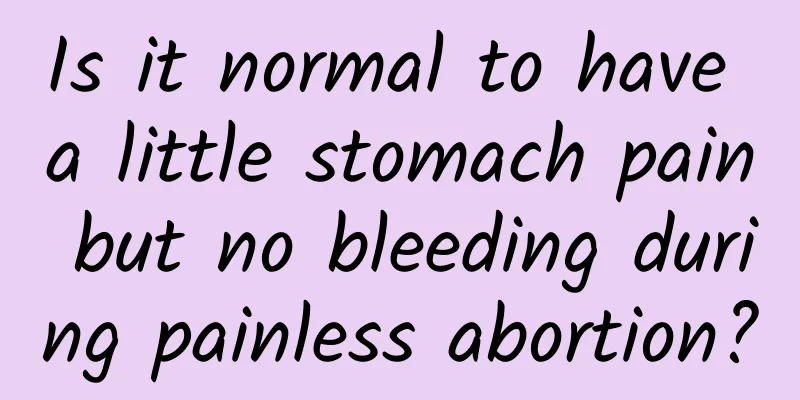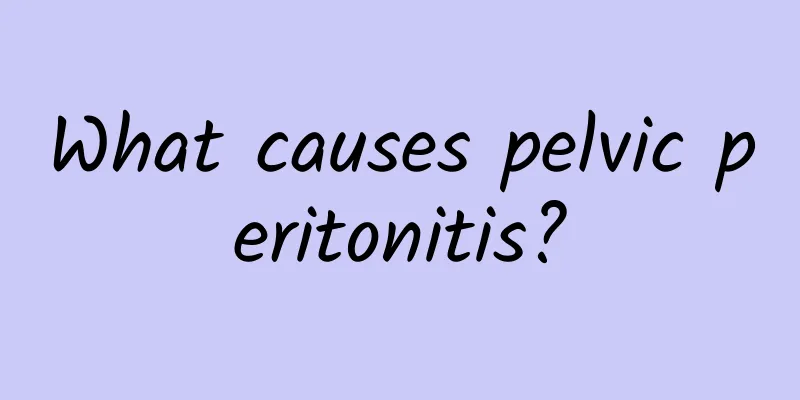Is the Ketogenic Diet Really Effective for Weight Loss? The benefits are beyond your imagination
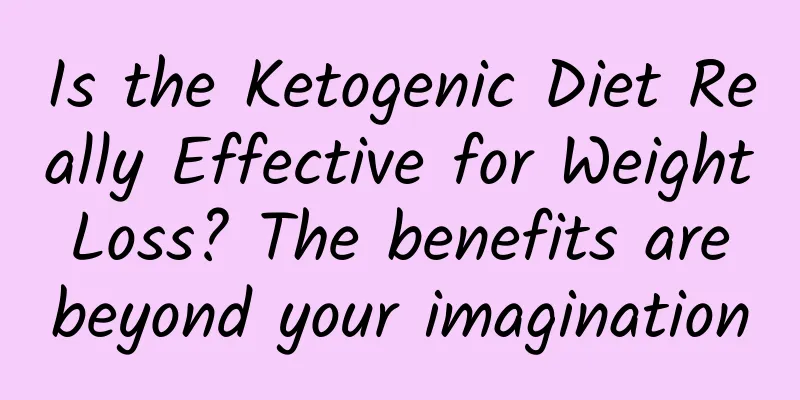
|
Why is the ketogenic diet so popular? Is it really a panacea for burning fat and losing weight? The so-called ketogenic diet is actually a diet based on the ratio of the three major nutrients - "carbohydrates, proteins, and fats". It includes four major categories. The first is the "traditional ketogenic diet" originally used to treat childhood epilepsy, and the later developed "ketogenic diet combined with medium-chain triglycerides", "Akin diet", and the "low glycemic index diet" based on stabilizing blood sugar. An article published in the British Medical Journal (BMJ) in 2017 pointed out that with the same calorie intake, the weight loss effect varies depending on the proportion of nutrients consumed. (Situational picture/provided) Ketogenic diet good results Research has found that with the same calorie restriction, a high-fat, low-sugar diet can achieve superior weight loss results (-4.7 kg) in the short term (within 2 years) compared to a general balanced diet, slightly better than the Mediterranean diet (-4.4 kg). Not only that, the weight loss is greater than a low-glycemic index diet (-2.9 kg). At the same time, there are many benefits to using a high-fat, low-sugar diet to lose weight, including controlling blood sugar, lowering blood lipids, treating non-alcoholic liver disease, and even preventing infertility and miscarriage caused by obesity in women, all of which are beneficial to the body due to its "slimming" effect. (Photo provided by Nutrition 123 Healthy and Simple) Metabolic mechanism of high-fat and low-sugar diet So why does a high-fat, low-sugar diet have such amazing effects? We can get some insight into this from its physiological mechanism. Different metabolic pathways than a balanced diet are known to occur, including: (1) Increased thermogenesis caused by a high-protein diet. (2) Gluconeogenesis after protein metabolism. (3) Achieve overall energy consumption by excreting ketone bodies in sweat or urine. This kind of internal and external cooperation can pave a smooth and broad road from the difficult and bumpy road of weight loss. (Situational picture/provided) However, there is a common saying online that the rapid weight loss caused by a high-fat, low-sugar diet is due to dehydration? Research has found that a high-fat, low-sugar diet is still mainly metabolized as fat, rather than simply dehydration as the public used to believe. In addition, a high-fat, low-sugar diet can effectively fight against the enemy of weight loss - "hunger". According to randomized controlled trials in humans, a hormone in the intestine that can suppress hunger - "YY peptide" - can increase the concentration of YY peptide in the body compared to a balanced diet, thereby achieving the effect of suppressing hunger, allowing the willpower to lose weight to be more lasting and reaching the peak of a perfect body. How to eat a high-fat, low-sugar diet: Finally, although a high-fat, low-sugar diet is good, there are still some things to note and it is not suitable for everyone. First of all, it is the choice of ingredients. In order to avoid malnutrition caused by an unbalanced diet of high fat and low sugar, ingredients should be selected from natural and unprocessed ingredients, such as nuts, seeds and a lot of vegetables, to ensure that the body has sufficient vitamins and minerals. In addition, due to increased water loss in the body, it is recommended to take in enough water and sodium in time to avoid electrolyte imbalance. Finally, it must be emphasized that this diet is not suitable for patients with chronic kidney disease. Such patients need to control their intake of protein, phosphorus, sodium, and potassium. If improperly attempted, it may accelerate the deterioration of kidney function and even create a risk of death. High-fat and low-sugar diet precautions 1. Ingredients should be natural and unprocessed, such as nuts, seeds and plenty of vegetables, to ensure adequate vitamins and minerals in the body. 2. Due to increased water loss in the body, it is recommended to take in sufficient water and sodium in a timely manner to avoid electrolyte imbalance. 3. This diet is not suitable for patients with chronic kidney disease. Such patients need to control their intake of protein, phosphorus, sodium and potassium. If improperly attempted, it may accelerate the deterioration of kidney function and even cause the risk of death. This article comes from: Nutrition 123 <Healthy and Simple> ※For more information, please see "Nutrition 123 <Healthy and Simple>" |
<<: Did you eat well today? Nutritionist: Remember these 5 tips to avoid eating the wrong oils
>>: Krill oil contains astaxanthin, can it help with weight loss? Experts have something to say!
Recommend
How to use medicine to treat cervical erosion in women? 6 principles of using medicine to treat cervical erosion in women
In life, women do not need to panic when they suf...
What should be paid attention to in the care of female pelvic peritonitis
I believe women all know that they have more vagi...
What to do if women in their forties have menstrual disorders
What should women in their forties do if they hav...
Women must not underestimate the examination before painless abortion
Nowadays, more and more women are getting pregnan...
Are postmenopausal pelvic fluid masses benign?
Postmenopausal pelvic fluid masses may be benign,...
How much does ovarian cyst cost?
How much does ovarian cyst treatment cost? For wo...
"Peak Fasting" burns fat and helps lose weight! 4 unexpected benefits of eating avocados
In order to lose weight, are you still dieting ev...
Are anti-inflammatory drugs effective for cervicitis?
Oral anti-inflammatory drugs have a certain effec...
Long-term treatment of vulvar leukoplakia is the fundamental
Vulvar leukoplakia can cause the skin or mucous m...
What should I pay attention to during miscarriage? There are still many issues that need attention.
After a miscarriage, you need to pay attention to...
What should be done to check for chronic cervicitis
Examination of the uterine cavity can detect cerv...
Can I keep my pregnancy after a missed abortion?
Whether you can keep a pregnancy after a missed m...
How long does it take to cure endometrial tuberculosis?
For many women nowadays, they always suffer from ...
What are the misunderstandings in the treatment of uterine fibroids? What are the hazards of uterine fibroids?
We must actively grasp the misunderstandings abou...
Are there any side effects of delayed menstruation injections?
The practice of delaying menstruation with inject...


